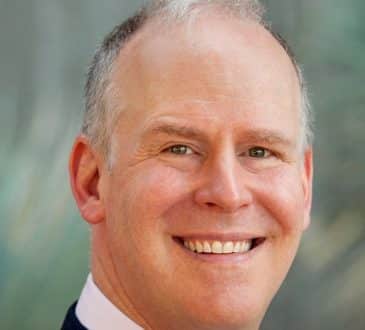Why We Love Higher Education (And You Should, Too!)

I often read articles, listen people speak, about higher education. Therefore, I’m going to begin by defining higher education. Specifically, higher education is education given by universities, colleges, and other organizations that award academic degrees. Higher education involves both the undergraduate and the graduate levels. Higher education comprises most expert education and is solely or professionally arranged. Higher education varies from other kinds of post-secondary education so as vocational education. Vocational education is a form of inconsiderable or postsecondary education but is estimated non-academic as related to higher education.
Why We Love Higher Education?
According to several sources I have studied, higher education provides graduates more jobs to pick from and are open to those who don’t seek education beyond high school, and graduates typically earn more than nongraduates.
Higher education advances an individual’s quality of life. Studies show that high school graduates, college graduates had extended lifespans, immeasurable access to health care and noted economic stability and security. They get more prestigious profession and greater job satisfaction, less dependency on government assistance, greater knowledge of government, greater community service and leadership, more volunteer work, more self-confidence, and less criminal activity and incarceration. Also, college graduates supposedly have exceptional use of seatbelts, more enduring education, greater Internet access, greater participation at live performances, greater participation in recreation and artistic activities, further book purchases, and higher polling rates. As an aside, I have to admit that I was amazed at some of these items.
Higher education, theoretically, will also allow individuals to expand their knowledge and skills, express their thoughts clearly in speech and writing, grasp abstract concepts and theories, and increase their knowledge of the world and their community.
How should you, as a homeschooler, begin addressing higher education?
As a homeschooler beginning to propose higher education, be sure to start early. Think about your concerns and goals, and identify what level of education you’ll need to pursue those interests and goals. If higher education is required, read websites, books, and periodicals to learn about institutes and universities. Find which schools will satisfy your specific needs and then find out about their methods concerning homeschooled students. Start drafting out your strategies for how to best aim the schools selected.
Second, keep organized, retain records, and discover the best format for those records. Retain this whole information and updated. Don’t rely on your memory. Write down, with dates, and everything that you believe might be useful during the application method. Keep track of particular demonstrations of leadership qualities. Start gathering a list of individuals who might be appropriate for addressing letters of recommendation.
Third, map out a timeline of what requires to be done when. Include specific programs that might be required and when they should be taken, what examinations (e.g., PSAT, SAT, ACT, SAT II) have to be taken, and application periods. You can also imagine about enrollment in community college classes, attending classes via distance training, taking Advanced Placement (AP) tests and practicing College Level Examination Program (CLEP) tests. These are all points that should be proposed in the timeline.
Fourth, look for roads for funding, such as scholarships. Often money is accessible and goes untouched because of loss of awareness. Look for those moments to defray the costs of higher education.
And fifth but apparently not last, consider college at home. There is the probability, through distance learning programs, to sustain your education from home at a significantly decreased cost. There are even plans to tackle lab courses and satisfy research requirements through distance learning. Don’t discount the chance before investigating.
What is God’s plan for your life?
I think the most relevant question to ask, now that I’ve written this column on higher education, is, what is God’s purpose for your life? Focus and appeal should be on this very question with the answer directing the course of education.
Often we hear people emphasizing that their children must go to college if they want to get a genuine job, make a good income, and support a family. Just as frequently, colleges or universities are pre-selected for those children because that special institution is a parent’s best mate.
Add CEOWORLD magazine to your Google News feed.
Follow CEOWORLD magazine headlines on: Google News, LinkedIn, Twitter, and Facebook.
Copyright 2024 The CEOWORLD magazine. All rights reserved. This material (and any extract from it) must not be copied, redistributed or placed on any website, without CEOWORLD magazine' prior written consent. For media queries, please contact: info@ceoworld.biz









